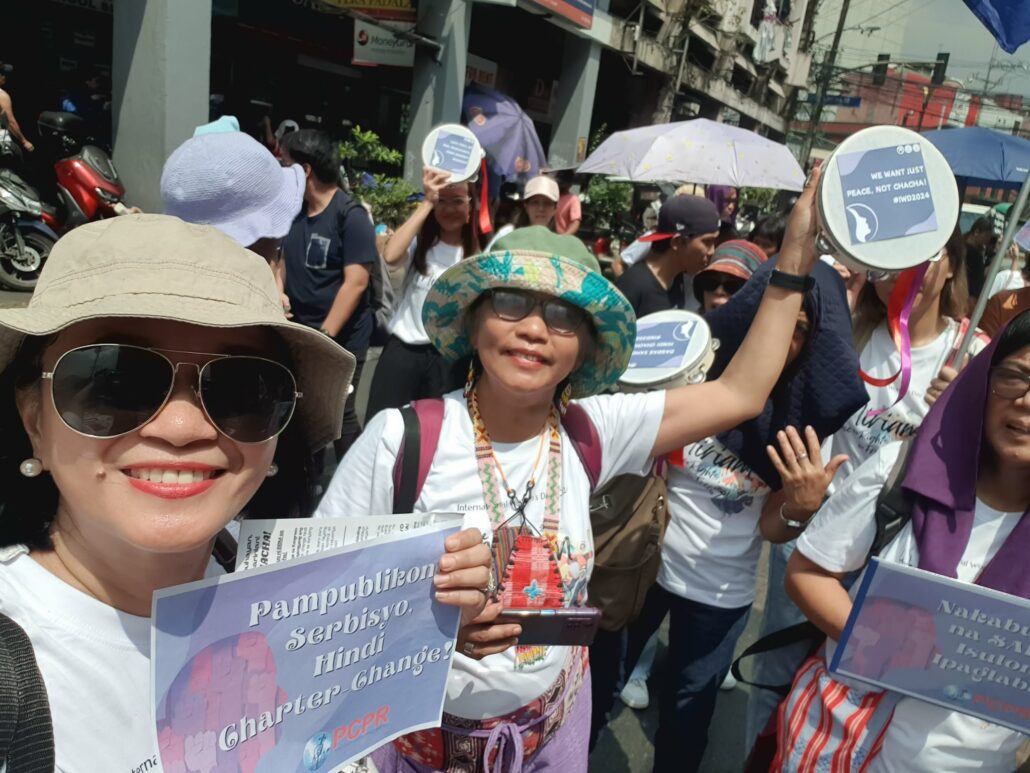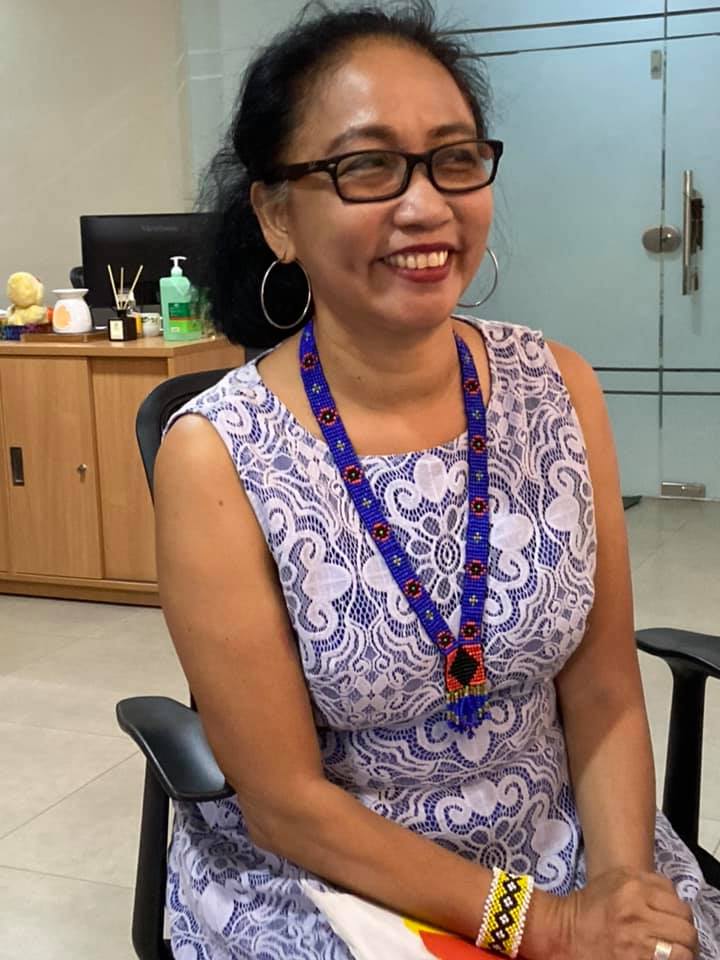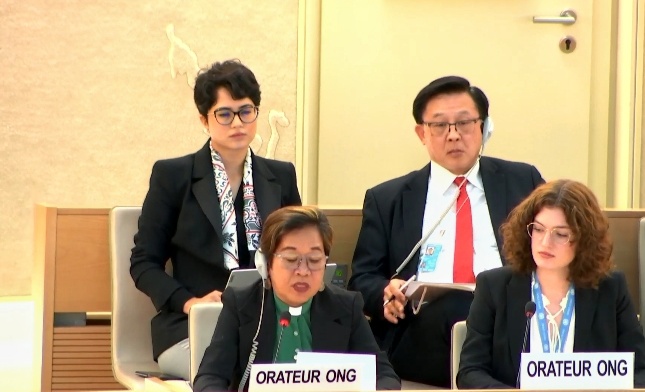Rise Up founder receives global peace award
A Filipina deaconess has won the 2024 Peace Award given by the World Methodist Council (WMC) for her courageous work on human rights and justice in the Philippines.
United Methodist Church (UMC) deaconess Norma Dollaga, Kapatirang Simbahan Para sa Bayan (Church Brother/Sisterhood for the People) secretary general, has been honored for her decades of heroic peace work in her conflict-ridden homeland, also becoming an outspoken advocate for the victims of drug-related killings.
“She and other courageous faith leaders refused to be intimidated by then President Rodrigo Duterte and other government officials who villainized church leaders and others who spoke for the poor,” the WMC said in its announcement.
The global church council added that Dollaga organized prayer vigils and memorial services for those killed by assassins regarded as working in accordance with Duterte’s order to summarily kill suspected drug dependents and personalities.
“As can be seen in her founding of Rise Up for Life and Rights, Dollaga has developed a knack for empowering others to join the struggle for justice and peace,” the WMC added.
Founded in 1976, the WMC Peace Award honors courage, creativity and consistency and given to recipients who live and work in areas where the concern for peace is of great consequence.
Dollaga is the second Filipina to earn the award, after Joy Balazo who was honored in 2012.
Former recipients of the WMC Peace Award include Nobel Laureate Nelson Mandela, US President Jimmy Carter, Egyptian President Anwar Sadat, United Nations secretary general Kofi Annan and other global as well as community leaders.

WHO IS DEACONESS NORMA DOLLAGA? READ: War against the poor in the Philippines
‘Nervous recipient’
In a message to well-wishers, Dollaga said she is nervous about the award as it means deeper responsibilities for her.
“On behalf of the people’s struggle and hope, and the name of many martyrs who offered their lives in loving God and neighbor, activists who risked their lives in carrying on the struggle for justice and peace, I accept the recognition,” she nonetheless said.
Dollaga also said she accepts the award in honor of those “who unlearned the ways of giving up and carry on with the Mission so that the world will become a home for everyone.”
Dollaga added she also shares the award with her officemates, fellow deaconess and Rise Up coordinator Rubilyn Litao, Leah Valencia, and missionary Becca Lawson.
“Whenever we sent out feet in communities of farmers and indigenous peoples, in prisons where human rights defenders are incarcerated, in urban poor communities, picket lines, homes of the orphans and widows whose loved ones were killed by the war on drugs and others martyred as they fight for justice, we experience the Great Communion,” the awardee added.

A deaconess since her graduation from Harris Memorial College in 1985, Dollaga was appointed by the Philippines Central Conference of the UMC in 2000 to head Kasimbayan, also known as the Ecumenical Center for Development.
As the organization’s general secretary, she has helped shepherd ecumenical groups and networks focusing on human rights and peace such as Rise Up, humanitarian assistanace program Dambana, and alliance of Catholic and Protestant church leaders advocating for human rights and good governance called One Voice.
Dollaga is also a member of the UMC Commission On Deaconess Service.
“In her decades of church service, Dollaga has become an inspiring model for younger deaconesses interested in deepening their Wesleyan witness to personal and social holiness within the Philippines. She frequently teaches classes and leads seminars as a member of the faculty at Harris Memorial College,” the WMC citation reads. # (Raymund B. Villanueva)

